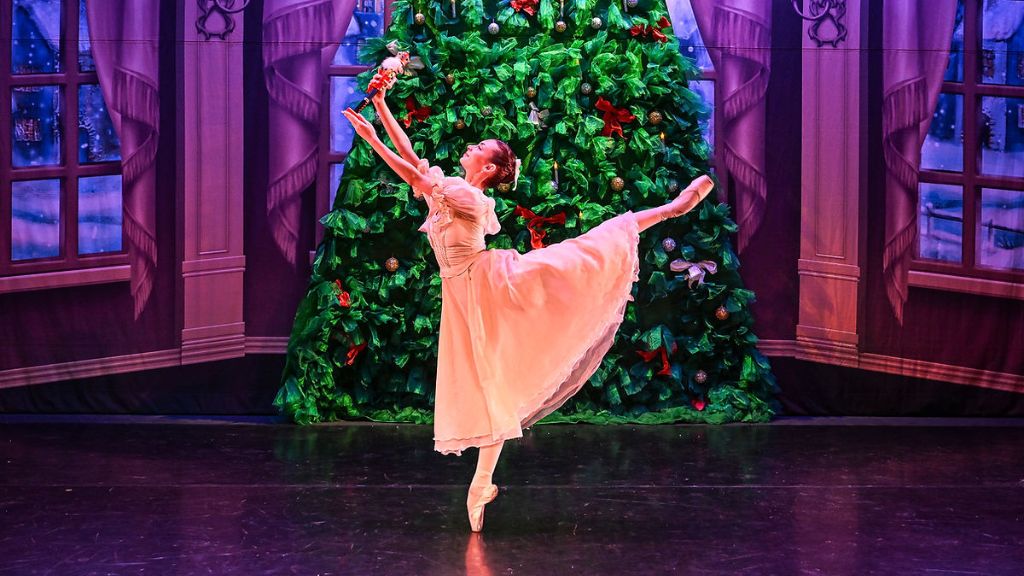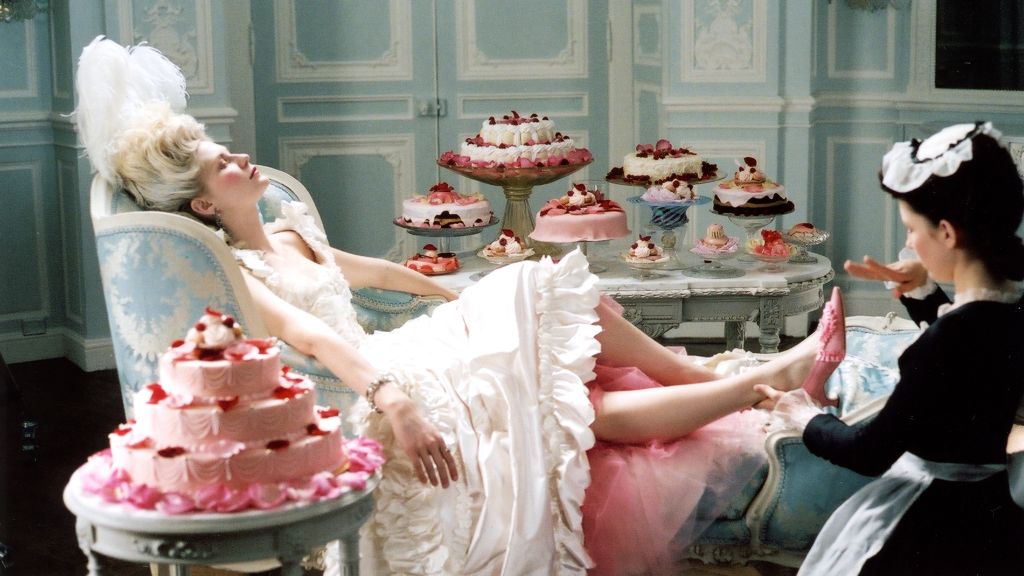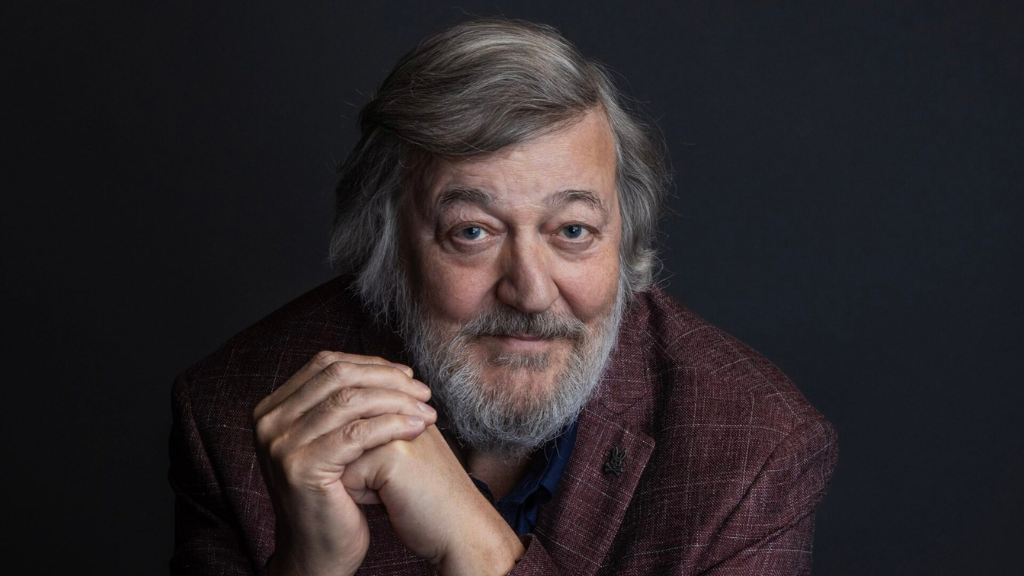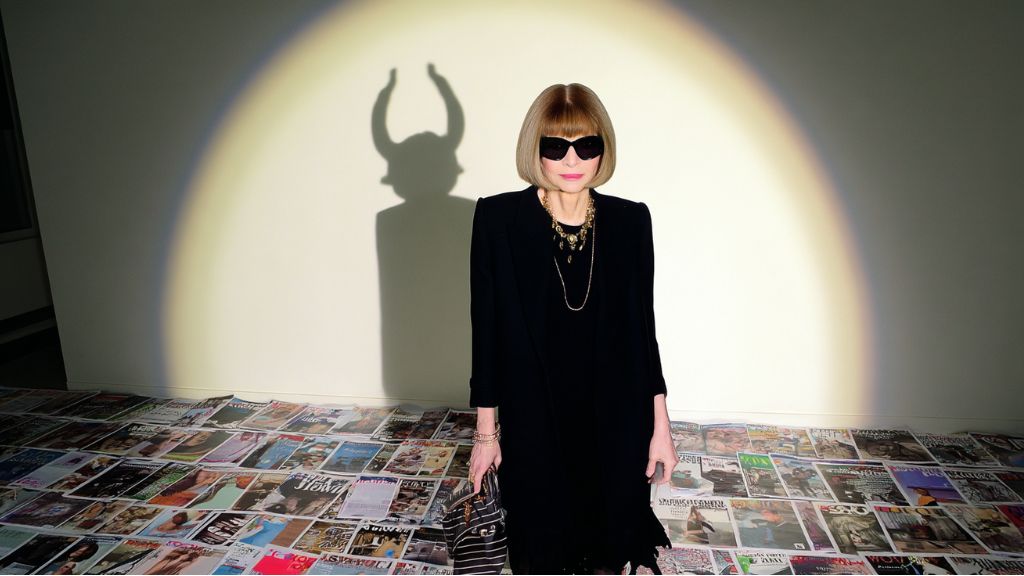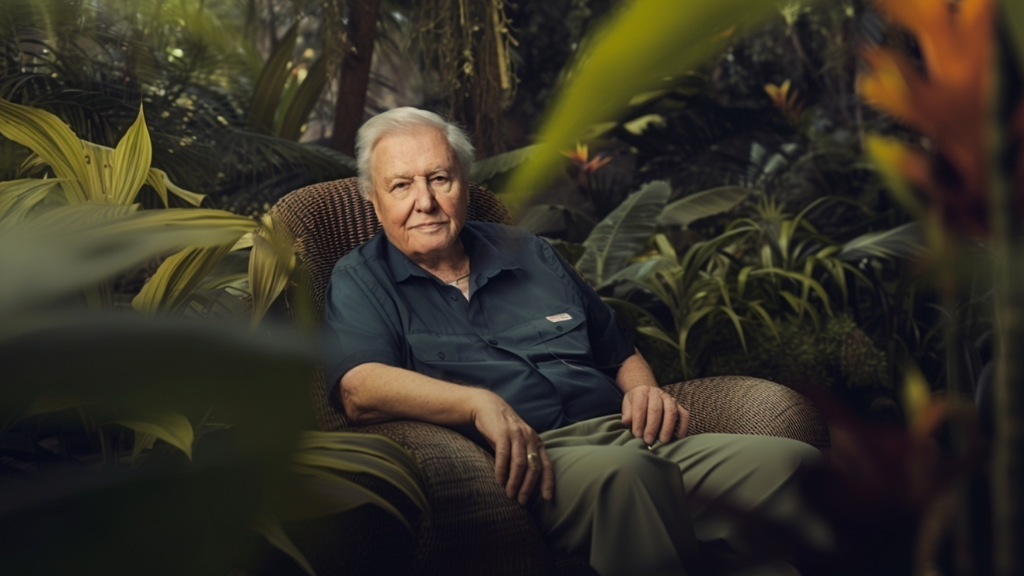
Celebrating 225 years of Pushkin: the epigrams that shocked society
From childhood, we recite the poems of Alexander Sergeyevich Pushkin, take exams on his works, and immerse ourselves in operas and film adaptations of his timeless classics. Yet, often due to overexposure, many of us, once out of school, never return to the books of this great writer. And that’s a pity! Without the pressure of school assignments, his works take on an entirely new life. In honour of the 225th anniversary of Pushkin’s birth, Afisha.London magazine reminds us that Pushkin is not merely the creator of the beloved “Winter morning, a day of wonder,” but also a sharp, talented poet who laid the foundations of literary language and offered a reason for national pride. This significant milestone is an opportunity to rediscover Pushkin, no matter where you are.
A new look at Pushkin’s world
This anniversary year invites you to dive back into his world and reread the classics with the benefit of life experience. Pushkin’s wit and subtle irony, permeating many of his works, emerge anew when read outside the school curriculum. Broadening your view of his oeuvre, you’ll find that Pushkin was not only a poet and novelist but also a bold, uncompromising satirist, as revealed through his sharp epigrams.
Imagine how different Pushkin’s work would appear if, after reading “Eugene Onegin” you encountered this masterpiece:
Another had my Aglaia
For his uniform and black moustache,
Another for money — I understand,
Another because he was French,
Cleon — by frightening her with his mind,
Damis — for singing tenderly.
Now tell me, my friend Aglaia,
Why did your husband have you?

Photo: Afisha.London / Midjourney
Famous lines
Here are his famous lines, dedicated to his contemporaries, full of deep meaning and sarcasm, remaining relevant to this day.
On Bulgarin
Faddey Bulgarin, frequently criticized by Pushkin, is highlighted in this epigram, showcasing his duality and imperfection.
Half-lord, half-merchant,
Half-sage, half-ignorant,
Half-scoundrel, but there’s hope,
That he will be complete at last.
On Khvostov
Alexander Khvostov was known for stylistic and grammatical errors in his works. Pushkin, with his keen sense of language, could not overlook such flaws.
As lips red without a smile,
Without a grammatical mistake
I do not love Russian speech,
Without guile, without a grammatical mistake.

Photo: Afisha.London / Midjourney
On Emperor Alexander I
This epigram demonstrates Pushkin’s boldness in expressing his thoughts, even towards Emperor Alexander I.
What will the critic tell the new world?
“He ****, and I am a poet!”
On Benckendorff
Count Alexander Khristoforovich Benckendorff, head of the Third Section and chief of the gendarmerie corps, was responsible for censorship and surveillance over Pushkin. Pushkin hints at Benckendorff’s rigidity and ruthlessness.
Benckendorff, Benckendorff! You do not like sharp words!
Benckendorff, Benckendorff! You are an admirer of mute heads!
On Publisher Smirdin
Smirdin was a well-known bookseller and publisher in St. Petersburg. Pushkin mocked his commercial success with characteristic irony.
Smirdin and Smirdin-son, two good men,
One soils in Petersburg, the other in Moscow.

Photo: Afisha.London / Midjourney
Why you should read Pushkin
1. Depth and multilayeredness: Pushkin’s works reveal the multifaceted nature of humanity and cover a wide range of themes, from love and friendship to politics and morality.
2. Language and style: Pushkin laid the foundation for the modern Russian literary language. His style is harmonious, pure, and precise.
Read also: The great and terrible English pirates: the romanticised image of sea wolves
3. Historical value: Pushkin’s works provide unique insights into the life and culture of 19th-century Russian Empire.
4. Timeless relevance: The themes and issues raised by Pushkin remain relevant today. His irony, sarcasm, and wisdom continue to inspire and educate.
Book recommendations
1. “Eugene Onegin” — a masterpiece of Russian literature, full of wit, deep psychology, and social satire. Buy on Amazon
2. “The Captain’s Daughter”— a historical novel combining love, adventure, and drama. Buy on Amazon
3. “The Tales of Belkin” — a collection of stories revealing the diversity of human characters and destinies. Buy on Amazon
4. “Epigrams” — for those who want to see Pushkin in an unexpected light, witty and ruthless towards his contemporaries’ vices.
5. “Boris Godunov” — a historical drama showcasing the tragedy of power and human passions. Buy on Amazon
- The Bakchesarian Fountain (World Classics)
- Novels, Tales, Journeys (Penguin Press Translated Texts)
- Pushkin’s Fairy Tales
- Eugene Onegin: A Novel in Verse (Penguin Classics)
- Pique Dame
- Yevgeny Onegin (Pushkin Collection)
Let’s look at foreign editions and film archives
Foreign editions of Pushkin’s works are not only art objects but also evidence of his international recognition. These editions show how Pushkin is perceived and interpreted in other countries, confirming his status as a world classic.

Book covers
The Editorial team’s favourite Pushkin films
“Onegin” (1999)
A favourite of our editor-in-chief and native of St. Petersburg, Margarita Bagrova. “Onegin” is a cinematic adaptation of Pushkin’s verse novel “Eugene Onegin” starring Ralph Fiennes as Eugene Onegin and Liv Tyler as Tatyana Larina, directed by Martha Fiennes. The film’s lush cinematography captures Russian landscapes, the splendour of Petersburg society, and the charm of the Northern capital. It remains true to the original plot, conveying Pushkin’s poetic narrative essence. “Onegin” received mixed reviews but was praised for the performances of Ralph Fiennes and Liv Tyler, and its fidelity to the poetic
material and visual style.
“The Queen of Spades” (2016)
A Russian film directed by Pavel Lungin, inspired by Pushkin’s story. Although not a Hollywood production, it offers a modern and emotional adaptation of Pushkin’s work. Lungin’s direction gives a contemporary twist, imbuing it with a dark, gothic atmosphere. The film features strong performances, particularly by Ivan Yankovsky as Andrey and Kseniya Rappoport as the enigmatic countess. The narrative, filled with tension and psychological drama, keeps viewers engaged.
“The Queen of Spades” was well-received for its captivating storytelling and atmospheric production. It modernizes Pushkin’s story while preserving its original themes and mood, making it a notable adaptation.
In this brief article from Afisha.London, we remind you of the brilliance of our eternal Pushkin: a biting and bold poet who continues to amaze and delight us with his talent and witty perspective on life.
Cover photo: Afisha.London / Midjourney
Read also:
No more freebies: London museums might reinstate admission fees
Bakst, Benois and Dobuzhinsky: How an Extensive Collection of Russian Art Ended Up in Oxford
Exploring Malevich: Locations and Insights into His Revolutionary Art
SUBSCRIBE
Receive our digest once a week with quality Russian events and articles





